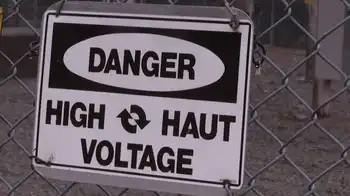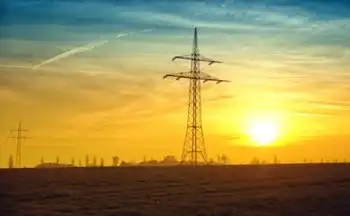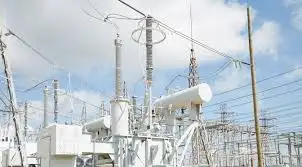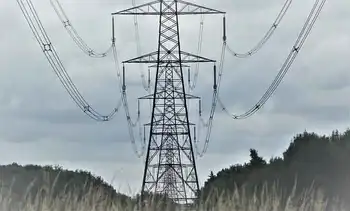COVID-19 crisis shows need to keep electricity options open, says Birol

Substation Relay Protection Training
Our customized live online or in‑person group training can be delivered to your staff at your location.

- Live Online
- 12 hours Instructor-led
- Group Training Available
Electricity Security and Firm Capacity underpin reliable supply, balancing variable renewables with grid flexibility via gas plants, nuclear power, hydropower, battery storage, and demand response, safeguarding telework, e-commerce, and critical healthcare operations.
Key Points
Ability to meet demand by combining firm generation and flexible resources, keeping grids stable as renewables grow.
✅ Balances variable renewables with dispatchable generation
✅ Rewards flexibility via capacity markets and ancillary services
✅ Enhances grid stability for critical loads during low demand
The huge disruption caused by the coronavirus crisis, and the low-carbon electricity lessons drawn from it, has highlighted how much modern societies rely on electricity and how firm capacity, such as that provided by nuclear power, is a crucial element in ensuring supply, International Energy Agency (IEA) Executive Director Fatih Birol said.
In a commentary posted on LinkedIn, Birol said: "The coronavirus crisis reminds us of electricity's indispensable role in our lives. It's also providing insights into how that role is set to expand and evolve in the years and decades ahead."
Reliable electricity supply is crucial for teleworking, e-commerce, operating ventilators and other medical equipment, among all its other uses, he said, adding that the hundreds of millions of people who live without any access to electricity are far more vulnerable to disease and other dangers.
"Although new forms of short-term flexibility such as battery storage are on the rise, and initiatives like UK home virtual power plants are emerging, most electricity systems rely on natural gas power plants - which can quickly ramp generation up or down at short notice - to provide flexibility, underlining the critical role of gas in clean energy transitions," Birol said.
"Today, most gas power plants lose money if they are used only from time to time to help the system adjust to shifts in demand. The lower levels of electricity demand during the current crisis are adding to these pressures. Hydropower, an often forgotten workhorse of electricity generation, remains an essential source of flexibility.
"Firm capacity, including nuclear power in countries that have chosen to retain it as an option, is a crucial element in ensuring a secure electricity supply even as soaring electricity and coal use complicate transitions. Policy makers need to design markets that reward different sources for their contributions to electricity security, which can enable them to establish viable business models."
In most economies that have taken strong confinement measures in response to the coronavirus - and for which the IEA has available data - electricity demand has declined by around 15%, largely as a result of factories and businesses halting operations, and in New York City load patterns were notably reshaped during lockdowns. If electricity demand falls quickly while weather conditions remain the same, the share of variable renewables like wind and solar can become higher than normal, and low-emissions sources are set to cover almost all near-term growth.
"With weaker electricity demand, power generation capacity is abundant. However, electricity system operators have to constantly balance demand and supply in real time. People typically think of power outages as happening when surging electricity demand overwhelms supply. But in fact, some of the most high-profile blackouts in recent times took place during periods of low demand," Birol said.
"When electricity from wind and solar is satisfying the majority of demand, and renewables poised to eclipse coal by 2025 are reshaping the mix, systems need to maintain flexibility in order to be able to ramp up other sources of generation quickly when the pattern of supply shifts, such as when the sun sets. A very high share of wind and solar in a given moment also makes the maintenance of grid stability more challenging."











